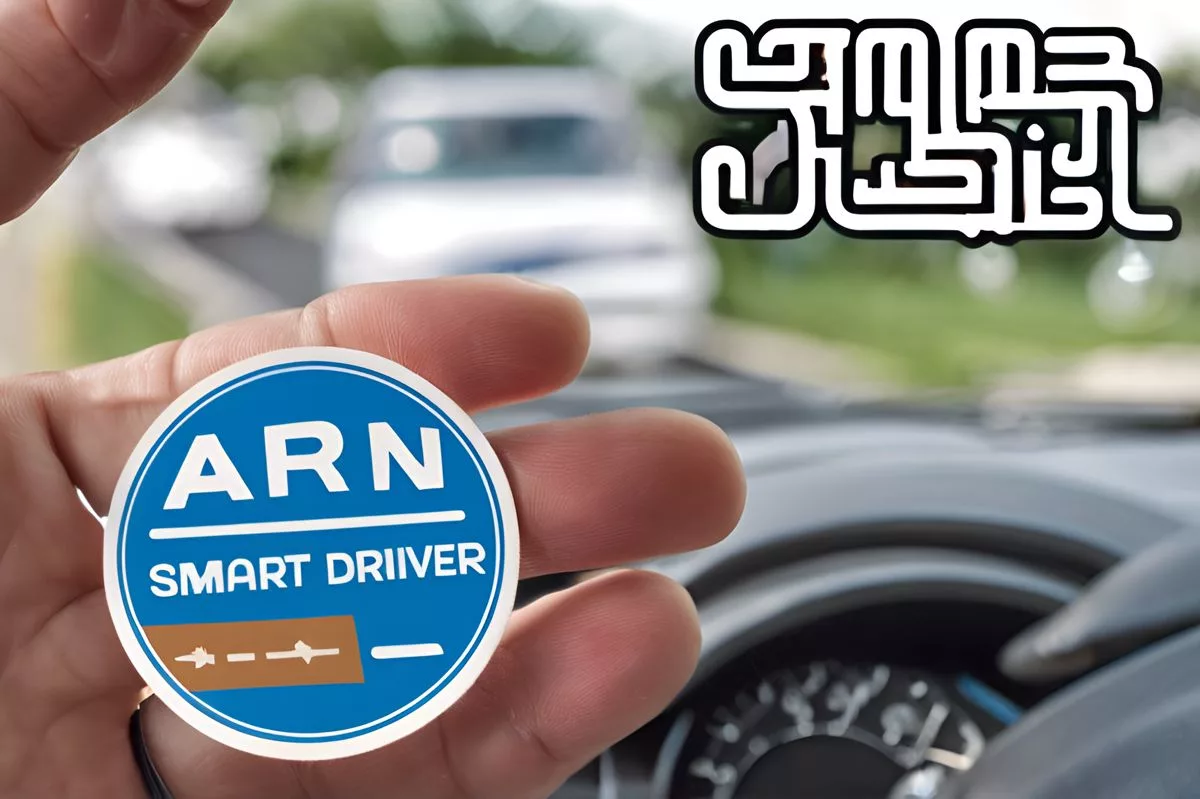Cape Town’s ‘I am a Smart Driver’ initiative is a driving program that promotes responsible and sustainable driving among city fleet drivers. The program requires training for all drivers and has already resulted in significant fuel savings, reduced CO2 emissions, and improved road safety. The program is a concrete city initiative that is monitored through advanced technology to track driver behavior, fuel usage, and safety records. It serves as a model for other cities to follow in fostering environmentally friendly practices and sustainable urban development.
What is Cape Town’s ‘I am a Smart Driver’ initiative?
Cape Town’s ‘I am a Smart Driver’ initiative is a pioneering driving program launched to promote responsible and eco-friendly driving practices among city fleet drivers. The program necessitates all fleet drivers to undertake training that inculcates sustainable driving habits. The concrete outcomes of the Smart Driver program are commendable, with significant fuel savings, reductions in CO2 emissions, and road safety records.
A Pioneering Driving Initiative
In a time when environmental conservation awareness is at its peak, the City of Cape Town stands out with its ingenious ‘I am a Smart Driver’ sticker program. Recently launched, this scheme underscores the commitment of city fleet drivers to foster responsible, intelligent, and thoughtful driving. The sticker is an emblem of success in the Smart Driver Training, which is a testament to the driver’s pledge on evolving their driving behaviors and attitudes.
The City of Cape Town possesses an impressive fleet of 10,042 vehicles, comprising both diesel and petrol vehicles, operated by an estimated number of 13,000 drivers. This extensive fleet’s operation led to the consumption of more than 78 million litres of diesel and close to 35 million litres of petrol from 2018 to 2023. This enormous figure, which amounted to approximately R1.93 billion, also generated a whopping total of 291,185.53 tons of CO2 emissions.
The Smart Driver Programme
The Smart Driver Programme is not just a symbolic action. Instead, it is a concrete city program that necessitates all fleet drivers to undertake training. Administered by the Environmental Management Department, Spatial Planning and Environment (SPE) Directorate in tandem with the Fleet Management Department of the Corporate Services Directorate, the program inculcates drivers with sustainable driving habits. The program is well-aligned with the Fleet Management’s Driver Behaviour Safety Programme, demonstrating a comprehensive approach to accountable driving.
The Smart Driver training program, since its establishment in 2018, has had 10,363 fleet drivers accomplish their training, with 9,645 of them attaining their competency certificates. The program strives to bring about a change in not just driving behaviors but also attitudes and styles, laying emphasis on the safety of the driver and other road users. Simultaneously, it also helps decrease fuel consumption, consequently saving both the city and the drivers money.
Tangible Outcomes and Monitoring
The concrete outcomes of the Smart Driver program are indeed commendable. Between January 2018 and December 2023, the program reported savings of R3.175 million in fuel costs, 311,778 litres of fuel, and 833 tons of CO2 emissions, equivalent to saving 972 trees. These impressive statistics, observed despite the impact of the Covid-19 pandemic and regular fuel price increments, highlight the program’s effectiveness.
The dedication of the City Fleet drivers goes beyond just training. Each driver is kept under observation for three months before their training and for an additional 18 months afterward. Through this, the City has already observed considerable fuel savings and reductions in CO2 emissions. The next goal for the program is the reduction of accidents through safer driving practices.
The monitoring program utilizes ‘touch key’ information from an On Board Computer (OBC) system. This advanced tool offers data on driver behavior, encompassing harsh braking, idling, speeding and harsh cornering. It also keeps track of fuel usage, CO2 emissions and road safety records.
In summary, the City of Cape Town’s ‘I am a Smart Driver’ program is a perfect exemplar of how cities can play a crucial role in fostering environmentally friendly practices. Through this innovative initiative, the City is not merely saving financial resources but also making a considerable contribution towards reducing CO2 emissions and promoting safer road conditions. The program is a testament to the City’s dedication to sustainable urban development and serves as a model for other cities to follow.
What is the goal of Cape Town’s ‘I am a Smart Driver’ initiative?
The goal of Cape Town’s ‘I am a Smart Driver’ initiative is to promote responsible and sustainable driving practices among city fleet drivers and to reduce fuel consumption, CO2 emissions, and road accidents.
Who is required to undergo training in the Smart Driver program?
All city fleet drivers are required to undergo training in the Smart Driver program in order to promote sustainable driving practices.
What are the outcomes of the Smart Driver program?
The Smart Driver program has resulted in significant fuel savings, reduced CO2 emissions, and improved road safety. Between 2018 and 2023, the program reported savings of R3.175 million in fuel costs, 311,778 litres of fuel, and 833 tons of CO2 emissions, equivalent to saving 972 trees.
How is the Smart Driver program monitored?
The Smart Driver program is monitored through advanced technology that tracks driver behavior, fuel usage, and safety records. This includes the use of an On Board Computer (OBC) system that offers data on driver behavior, encompassing harsh braking, idling, speeding, and harsh cornering.
What is the total number of vehicles in Cape Town’s fleet?
Cape Town’s fleet comprises 10,042 vehicles, including both diesel and petrol vehicles, operated by an estimated number of 13,000 drivers.
What is the next goal for the Smart Driver program?
The next goal for the Smart Driver program is to further reduce accidents through safer driving practices. The program is committed to promoting the safety of not just the driver but also other road users.












